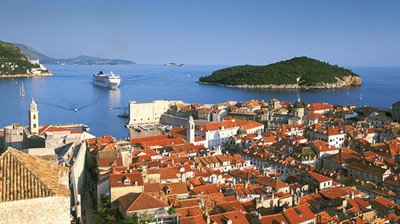Ailing Croatia

Yet, however popular a travel destination, Croatia is not well. The economy is now in its sixth consecutive year of recession. When Zoran Milanovic, the Social Democratic prime minister, took over in December 2011, his government promised painful but necessary reforms. Since then little has happened. Joining the European Union a year ago did not result in the hoped-for boost, partly because the reforms Croatia still needs to do were not the ones required to join the EU, says Senada Selo Sabic, an analyst.











